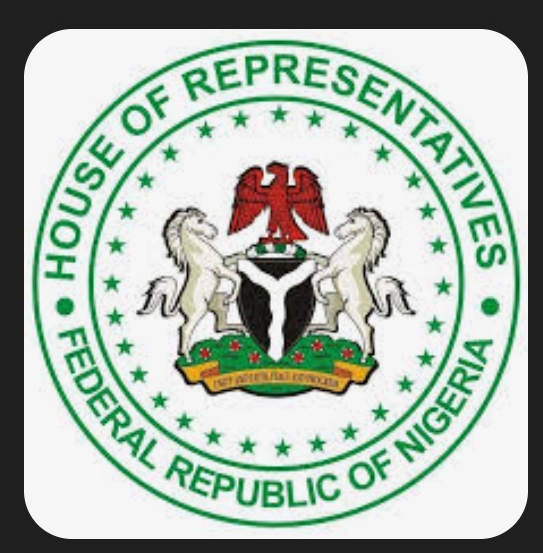A Nigerian federal lawmaker has pulled back the curtain on what he describes as the entrenched corruption plaguing the country’s legislative arm.
He revealed that lawmakers are routinely forced to pay bribes of up to ₦3 million just to present motions, bills, or petitions on the floor of the House of Representatives.
Hon. Ibrahim Usman Auyo, representing Hadejia, Auyo, and Kafin Hausa Federal Constituency of Jigawa State, made the explosive claims in a viral video, where he also responded to criticism from his constituents.
Speaking in Hausa, Auyo declared that the process of lawmaking at the National Assembly is heavily influenced by financial transactions rather than the needs of the people.
He said, “Even the bills and petitions are paid for.
“You have to pay ₦3 million, ₦2 million, or ₦1 million for it to be read on the floor of the House. After that, you still have to lobby over 360 lawmakers to support it.”
He denied suggestions that members sponsor motions out of concern for their communities, insisting that such narratives are false.
He said, “Since I went to the Assembly, it’s not true that someone wrote a motion based on the needs of their people.
“That’s all false. And if there is, anybody should come out and challenge me,” he said.
The lawmaker also pushed back against accusations that he had neglected youth empowerment in his constituency.
He claimed that 80% of his constituency projects, including the distribution of motorcycles, cars, and water pumps, were targeted at young people.
However, he lamented that many recipients sold the items at below-market prices. “Something bought at ₦300,000 is sold at ₦120,000 or ₦150,000,” he said.
Explaining how he handles requests for community development or motions, Auyo said he requires written proposals submitted through his legislative aides.
“If it’s a matter he can address immediately, he does so, and if not, he pushes for its inclusion in the next year’s appropriation,” he said.
The House of Representatives has yet to respond officially to the lawmaker’s allegations.
However, his statements had already sparked widespread criticism of the National Assembly and renewed public calls for greater transparency, accountability, and reform in Nigeria’s legislative process.





